Camping in cold weather can be amazing, but it also comes with risks. You might wonder: how cold is too cold for tent camping? This isn't just about being comfortable - it's about staying safe. Cold temperatures can be dangerous if you're not prepared.
In this guide, we'll look at what temperatures are safe for camping, what gear you need to stay warm, and what skills help in cold conditions. Whether you're new to winter camping or have done it before, this information will help you enjoy the outdoors safely, even when it's very cold outside.
How Cold is Too Cold for Tent Camping?
For most people, temperatures below 30°F (-1°C) are too cold for tent camping without specialized winter gear. However, the exact limit varies based on personal factors and equipment.
Safe Temperature Ranges
- Mild: 50°F to 65°F (10°C to 18°C) - Comfortable for most campers
- Cool: 32°F to 49°F (0°C to 9°C) - Requires warm sleeping bag and clothing
- Cold: 20°F to 31°F (-6°C to -1°C) - Needs specialized winter camping gear
- Very Cold: Below 20°F (-6°C) - Risky for inexperienced campers
Effects of Cold on Your Body
- At 95°F (35°C) body temperature: Mild hypothermia begins
- At 91°F (32°C) body temperature: Severe shivering, confusion sets in
- At 82°F (28°C) body temperature: Life-threatening situation
Factors Affecting Cold Tolerance
- Age: Children and older adults are more vulnerable to cold
- Fitness: Better cardiovascular health improves cold resistance
- Body composition: More muscle mass generates more heat
- Acclimatization: Regular exposure to cold improves tolerance
- Hydration: Well-hydrated bodies regulate temperature better
- Nutrition: Proper calorie intake helps maintain body heat
Personal comfort varies widely. Some experienced campers enjoy temperatures well below freezing, while others find anything under 50°F (10°C) uncomfortable. Always prepare for colder temperatures than expected to ensure a safe and enjoyable camping experience.
Essential Gear for Cold Weather Camping
The right equipment can make the difference between a miserable night and a cozy camping experience in cold weather. Here's what you need to know about gear for low temperatures:
1. Tents
For cold weather camping, you need a tent that keeps warmth in and cold out. Four-season tents are best for winter. They have thicker walls and fewer mesh panels than summer tents. Smaller tents are easier to heat with your body warmth, so choose a size that fits you snugly.
2. Sleeping Bags
Your sleeping bag is crucial for a warm night. Get a bag rated for at least 10°F (-12°C) colder than the lowest temperature you expect. Down-filled bags are very warm but expensive. Synthetic bags are a good choice too, especially if there's a chance of getting damp.
3. Sleeping Pads
Don't forget what's under you. Sleeping pads keep you warm by insulating you from the cold ground. For winter camping, use a pad with an R-value of 5 or higher. The higher the R-value, the better it insulates.
4. Clothing
Wear layers when camping in cold weather. Start with a base layer of long underwear, add a warm mid-layer like fleece, and top it with a waterproof jacket and pants. Warm socks, gloves, and a hat are essential. Avoid cotton clothes as they stay wet and cold.
5. Additional Gear
Some extra items can make a big difference: insulated boots to keep your feet warm, hand and foot warmers for extra heat, and insulated water bottles to keep your drinks from freezing. A warm hat that covers your ears is also important.
How Weather Makes Cold Camping Harder
Wind Makes You Feel Colder
Wind can make cold weather feel much colder. This is called wind chill. For example, if it's 30°F outside with a strong wind, it might feel like 17°F on your skin. This can be dangerous if you're not ready for it.
To stay safe from wind:
- Put your tent behind big rocks or trees to block wind
- Wear clothes that stop wind from getting through
- Use a windbreak or build a snow wall around your tent
Wet Weather and Snow Problems
Getting wet in cold weather is very dangerous. Water makes you lose body heat much faster than air. Even a little wetness in your clothes or sleeping bag can make you very cold.
Snow can also cause problems. It can melt from your body heat and then freeze again, making cold spots in your gear.
How to Stay Dry
Staying dry is very important in cold weather camping. Here's how:
- Wear waterproof clothes like a rain jacket and pants
- Put a tarp over your tent for extra protection
- Change wet clothes right away
- Keep dry clothes in a waterproof bag for sleeping
- Use covers (called gaiters) to keep snow out of your boots
Always be ready for weather changes. Knowing how to stay dry and out of the wind is just as important as staying warm when camping in cold weather.
How to Stay Safe and Healthy in Cold Weather Camping
1. Dangers of Hypothermia and Frostbite
Hypothermia happens when your body gets too cold. Watch for lots of shivering, feeling confused, trouble moving normally, and trouble speaking clearly. If someone has these signs, warm them up slowly. Put them in dry clothes and a warm sleeping bag. Give them warm drinks if they're awake.
Frostbite is when parts of your body freeze. It usually happens to fingers, toes, nose, and ears. Look for skin turning white or grayish-yellow, feeling hard or waxy, or parts of the body feeling numb. For frostbite, warm the area gently. Don't rub it. Get medical help as soon as you can.
To stay safe, keep dry, wear warm clothes, take breaks from the cold, and check on each other often.
2. Food and Water Needs in Cold Weather
When it's cold, your body needs more food. Eat lots of foods with many calories, like nuts, cheese, and chocolate. These help your body make heat. Drink plenty of water, even if you're not thirsty. Cold air is very dry and can make you lose water quickly. Don't drink alcohol or too much coffee, as they can make you colder.
When cooking, bring a good stove that works in cold weather. Pack extra fuel - you'll need more than usual. If you melt snow for water, always boil it before drinking.
Skills You Need for Cold Weather Camping
1. Setting Up Camp in Snow and Ice
Camping in snow and on frozen ground is different from regular camping. You need to know how to make a flat spot for your tent in the snow. This might mean packing down snow or digging a platform. Learn to use snow stakes or make deadman anchors to secure your tent in snow.
Frozen ground can be hard to put tent stakes into. Bring special winter tent stakes or learn to use rocks or logs to anchor your tent.
2. Finding Your Way in Winter
Navigating in snow can be tricky. Trails and landmarks might be hidden under snow. Learn to use a map and compass well. Don't rely only on GPS, as batteries can die quickly in cold weather.
Pay attention to the weather. Storms can come quickly and make it hard to see where you're going. Know how to find your way back to camp in bad weather.
3. Emergency Skills for Winter Camping
Sometimes things go wrong. Know how to signal for help in winter. Bright colors stand out against snow. Learn to make shapes in the snow that can be seen from the air.
If you get lost, you might need to build a shelter fast. Practice making snow caves or quinzees before you go. These can protect you from wind and cold.
4. Understanding Winter Wildlife
Animals behave differently in winter. Some might be more desperate for food and come closer to humans. Learn about the animals in the area you're camping. Know how to store food safely to avoid attracting animals to your camp.
Also, be aware of animal tracks in the snow. This can help you avoid surprising animals and keep you safe.
Make Your Cold Weather Camping Safe and Fun
Cold weather camping can be a great adventure if you're prepared. Remember, temperatures below 30°F (-1°C) need special care and gear. Always check the weather and know your limits. Bring the right equipment: a good tent, warm sleeping bag, and proper clothing layers. Stay dry, eat well, and drink plenty of water. Learn important skills like setting up camp in snow and finding your way in winter. Watch out for dangers like hypothermia and frostbite. If you're not sure, ask experienced campers for advice.

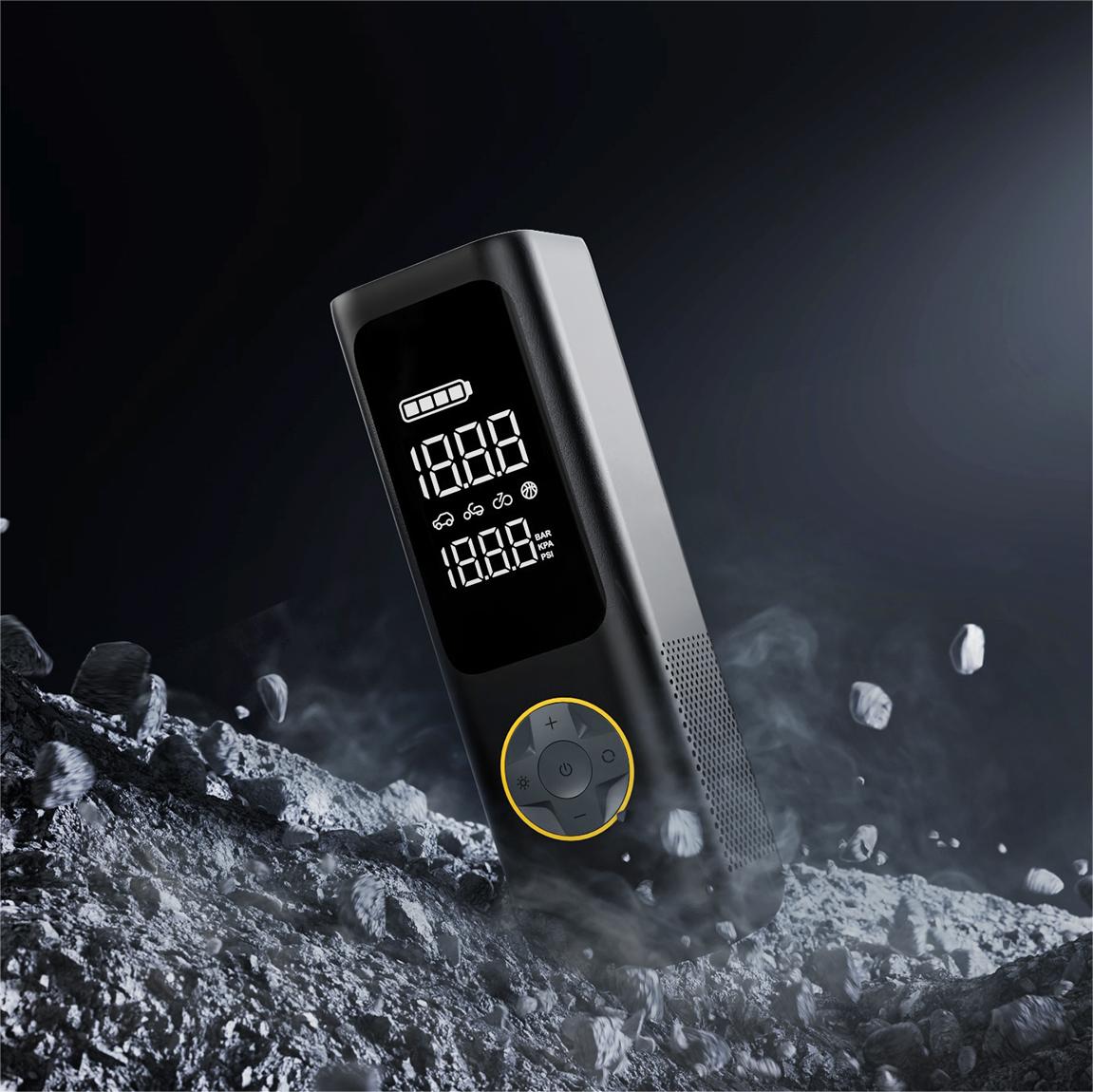
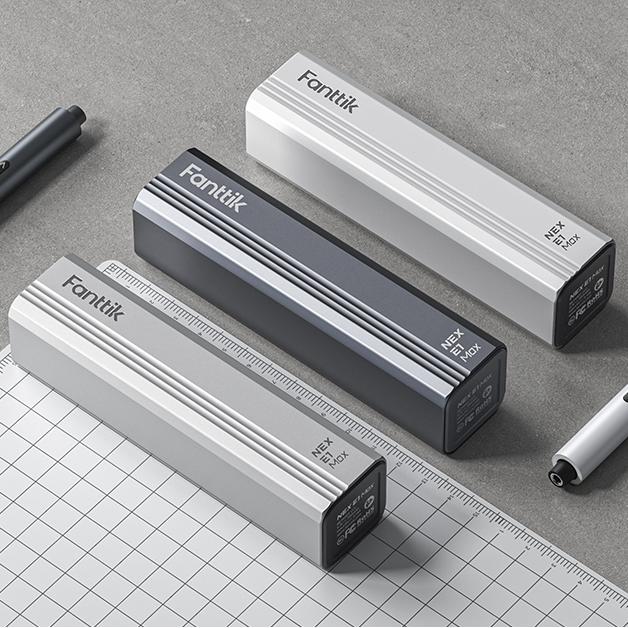
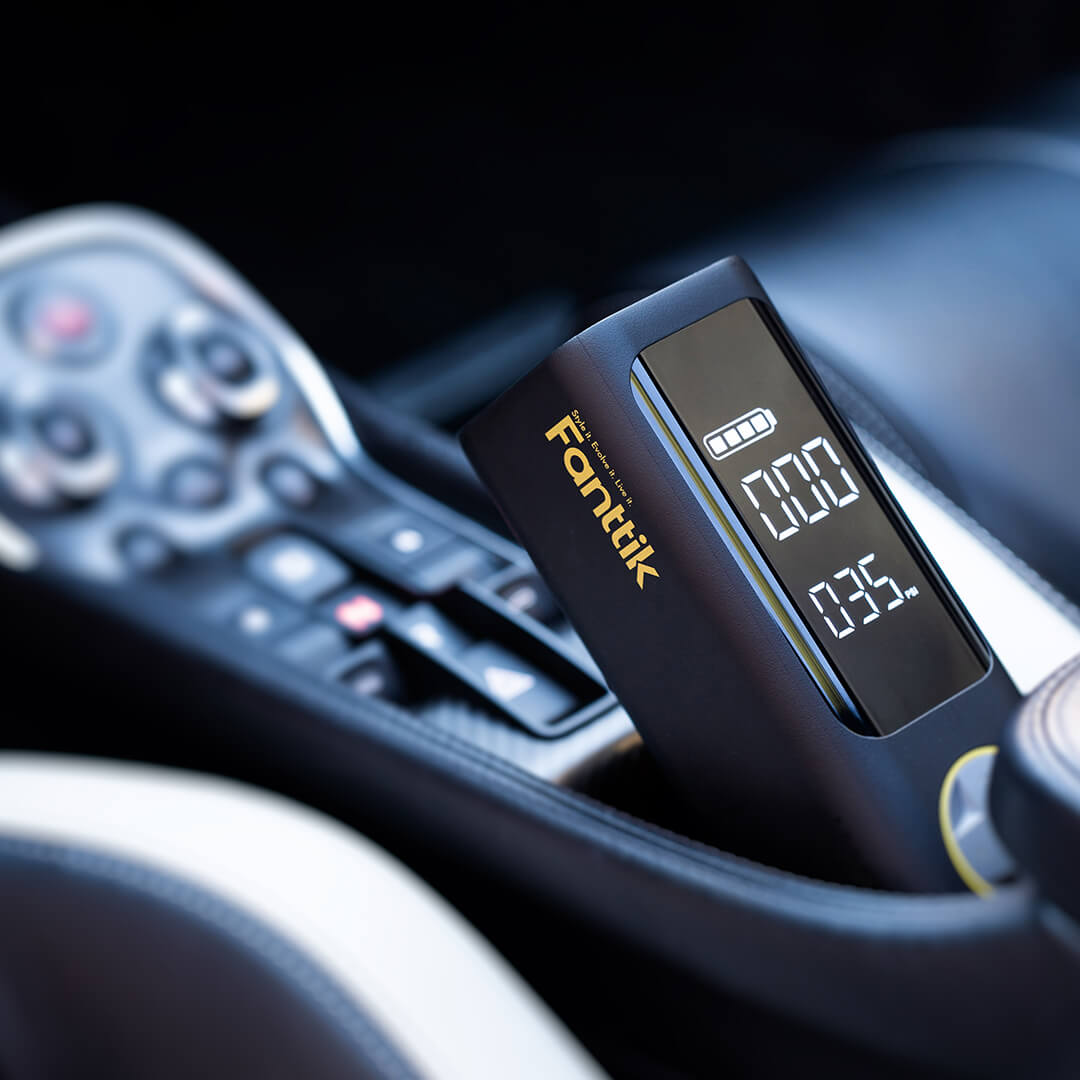
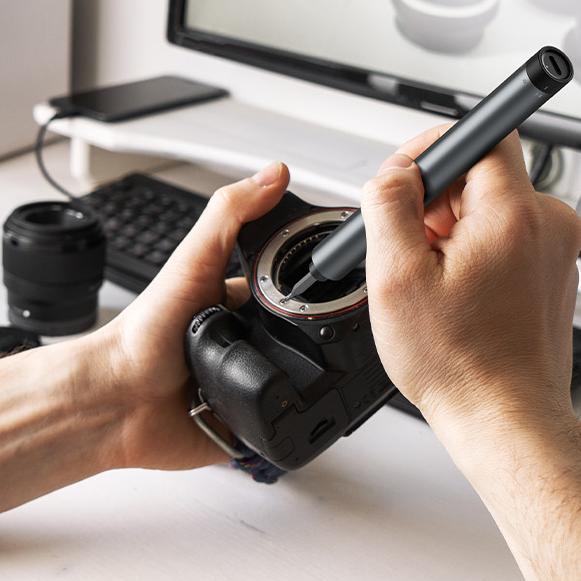
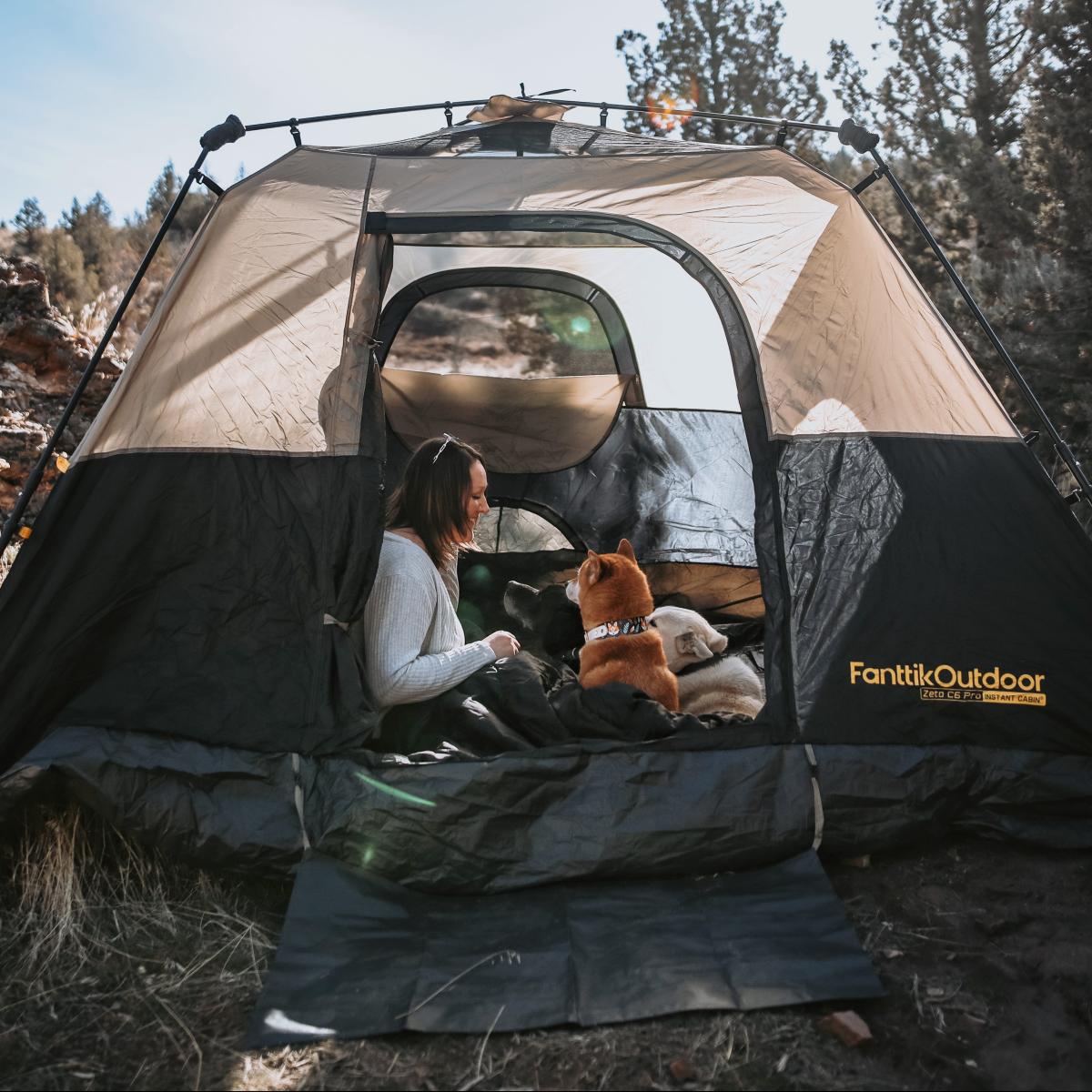
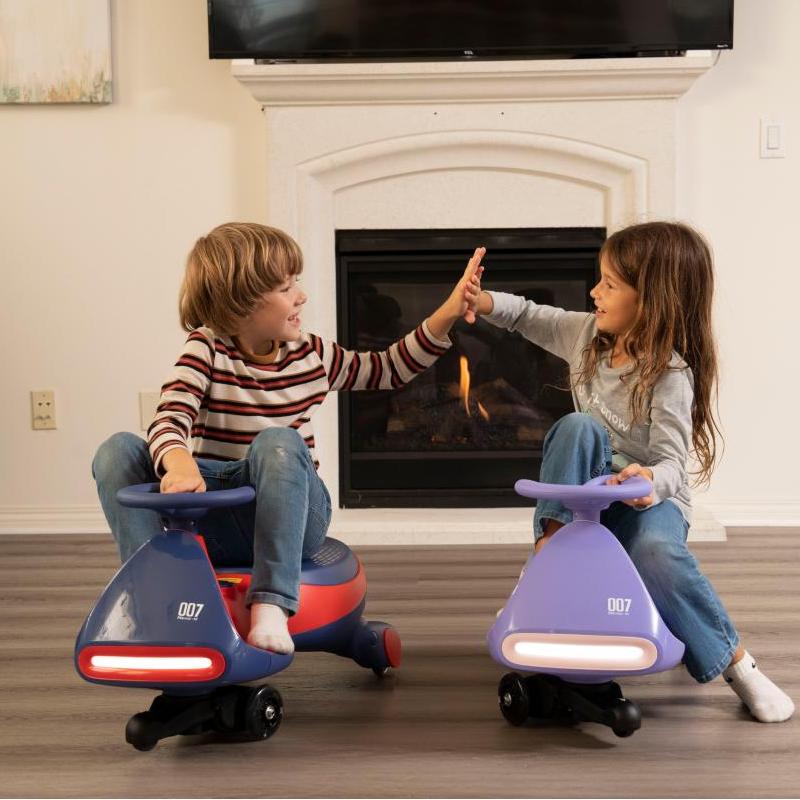



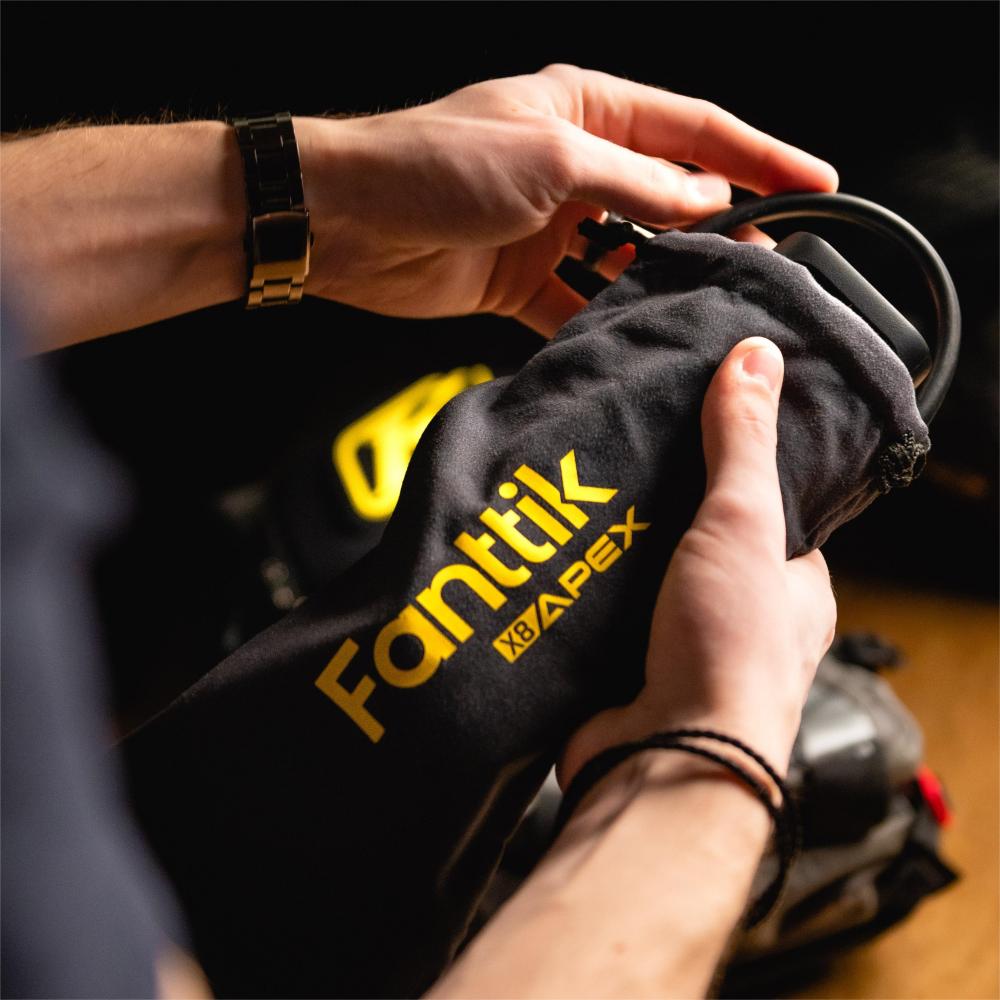
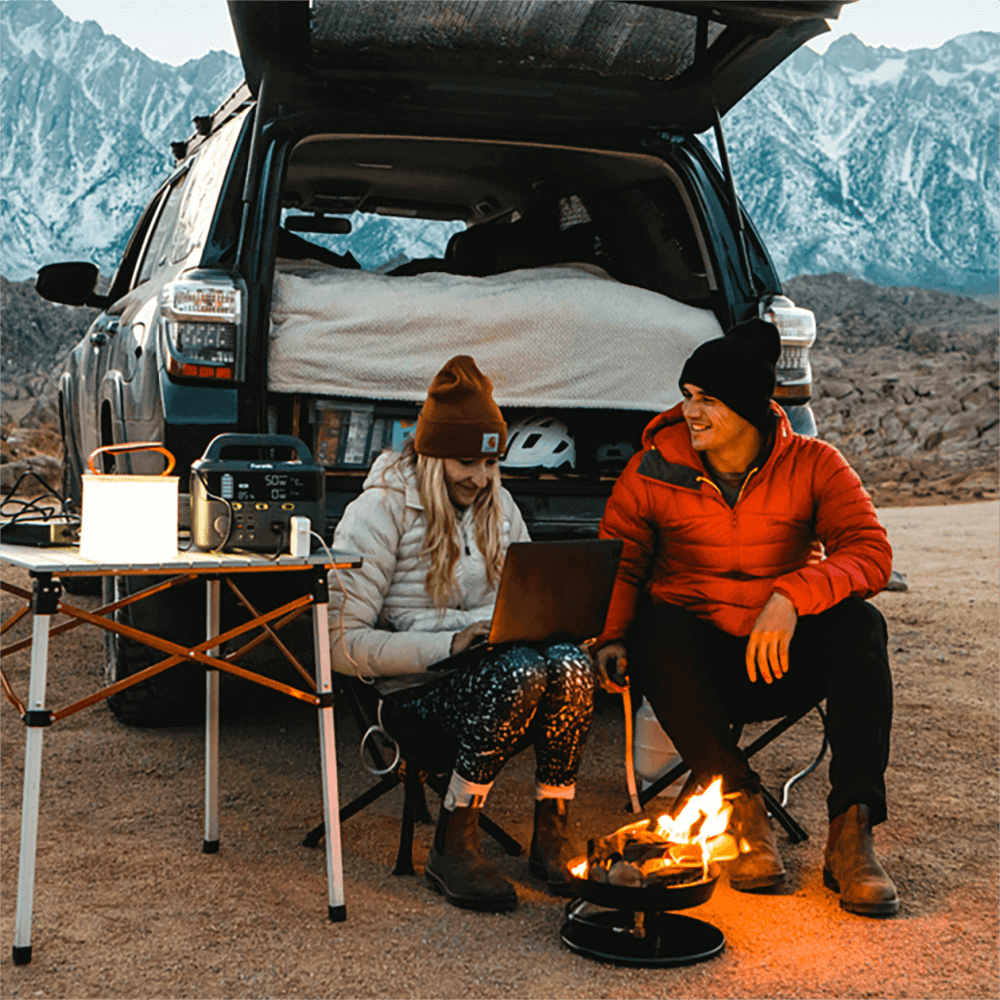
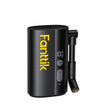
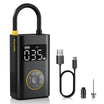
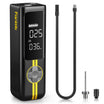
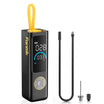
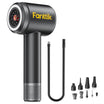
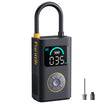
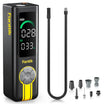
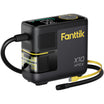
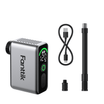
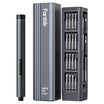
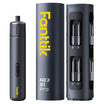
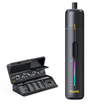
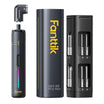
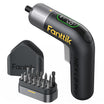
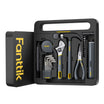
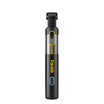
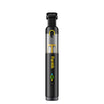
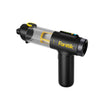
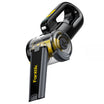
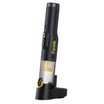
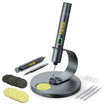
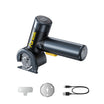
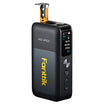
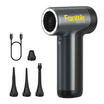

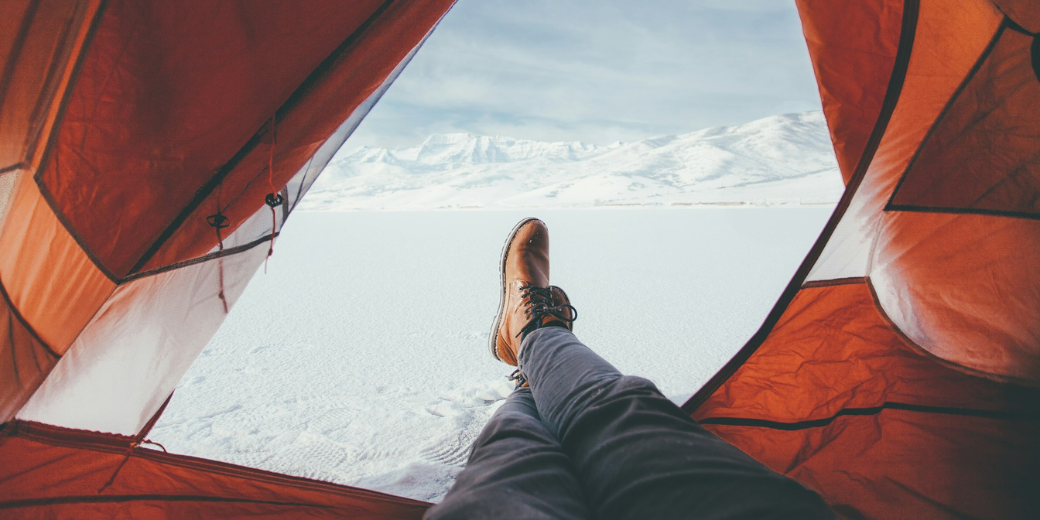

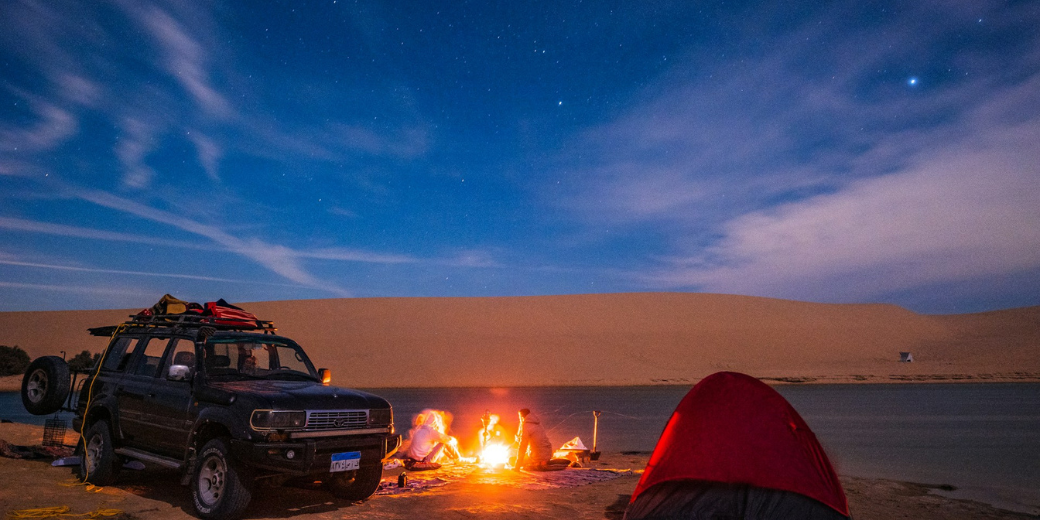
Leave a comment
All comments are moderated before being published.
This site is protected by hCaptcha and the hCaptcha Privacy Policy and Terms of Service apply.